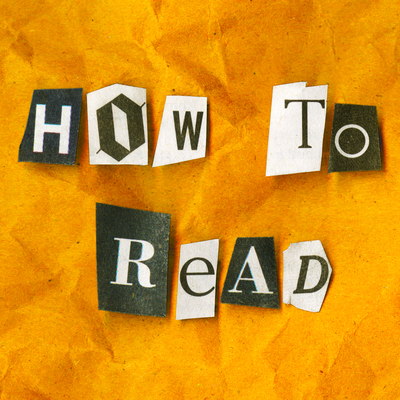Reading today is typically silent – whether reading a book in a library or reading messages on our phones, we don’t expect the activity to be noisy. At most, we expect the sound of a page quietly turning. But Andrew Albin is interested in the medieval period, when books made all kinds of sounds. Medieval books were noisy: they crackled and creaked, and were usually read aloud (even in private). Andrew argues that we should think of medieval books not just as objects to look at, but as a kind of musical instrument that needs a reader to bring its sounds to life.
Tag: medieval
Many people today surround themselves with crystals, whether for healing properties or as part of their spirituality. But the question of whether crystals can affect the body or the spirit goes back millennia. Marisa Galvez has identified two distinct traditions for understanding crystals. First, there’s a Christian tradition that focuses on how crystals might allow us to transcend the body into a realm of pure spirituality. But there’s also a tradition that links crystals to erotic love. In medieval poetry, the shimmering qualities of crystals are used to capture an experience of love that’s dizzying yet pleasurable.
